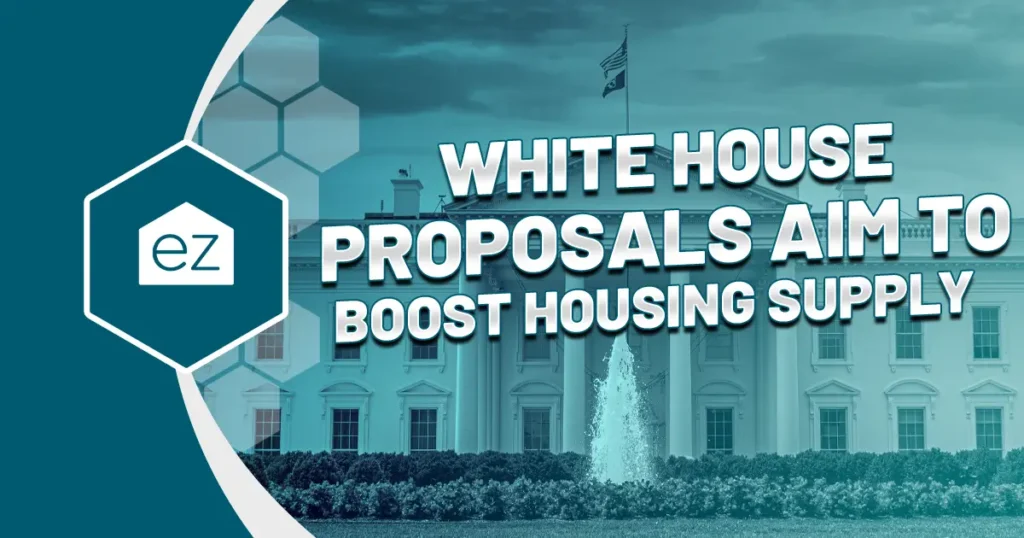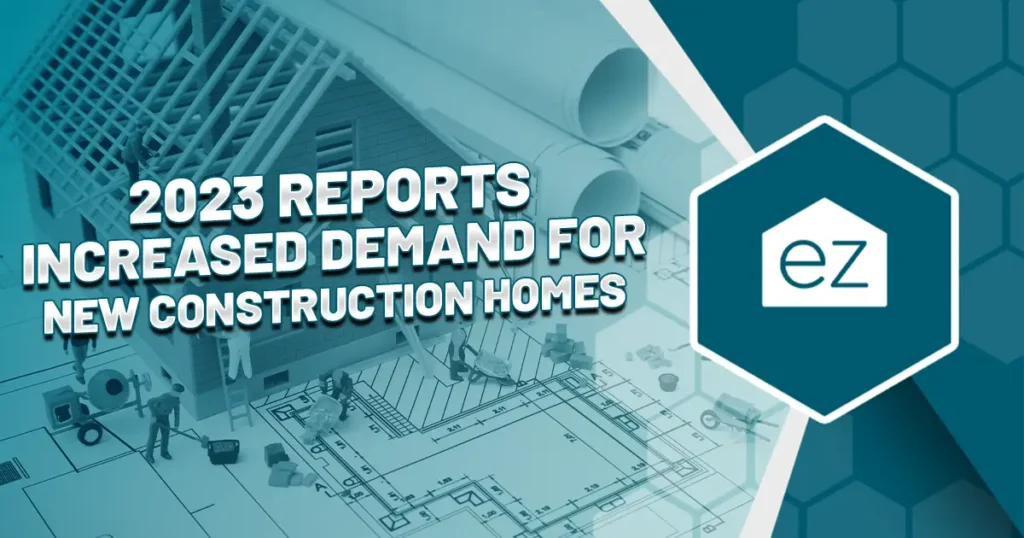EZ Search Guide to Alabama State Property Taxes
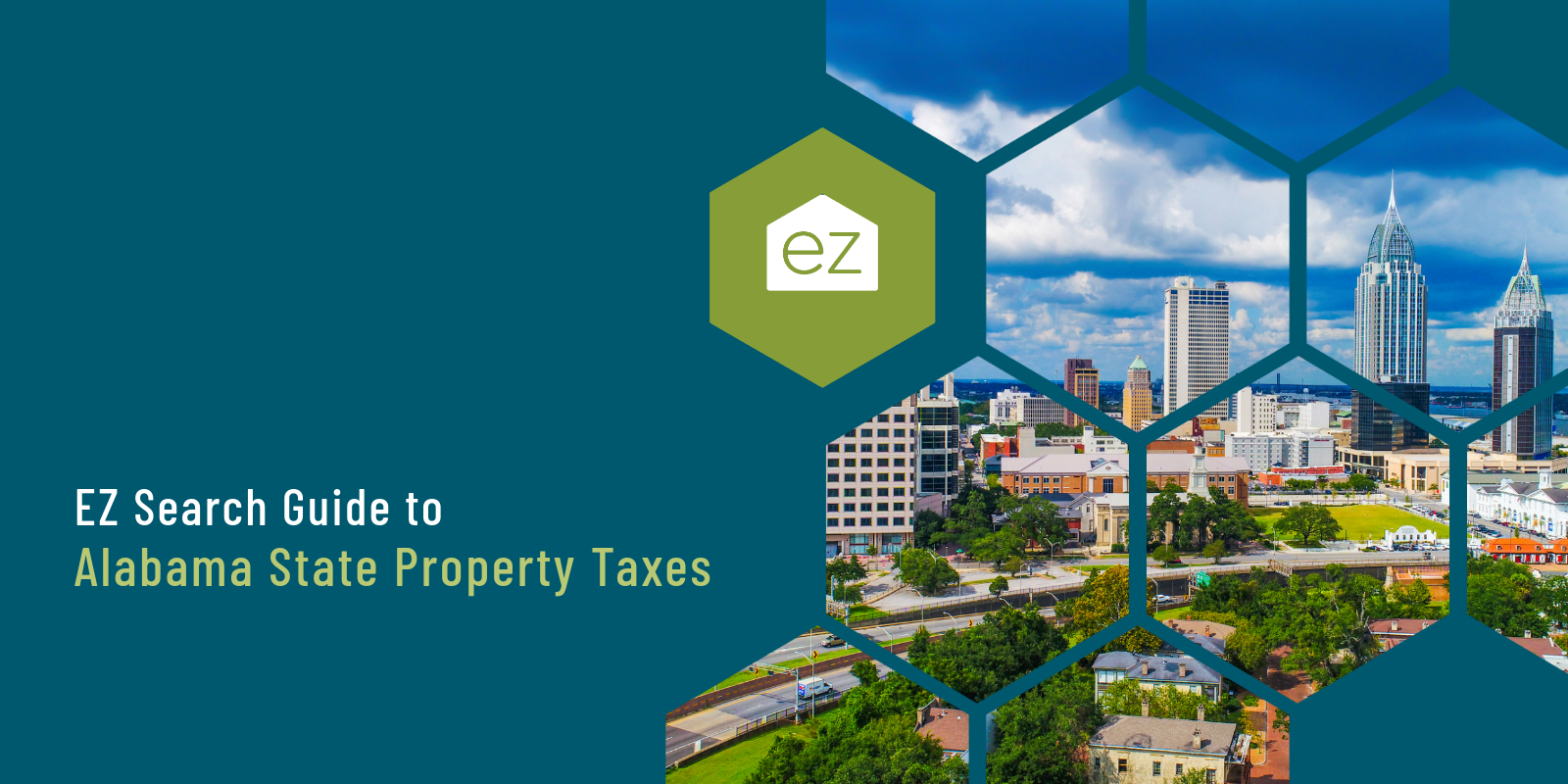
EZ Search Guide to Alabama State Property Taxes
Property taxes are a significant way our states pay for libraries, emergency services, roads, water, and more. Alabama is no different. Property taxes, also known as ad valorem taxes, raised over $171M in 2021 for Alabama’s government-run initiatives.
Understanding the property tax burden is a top consideration for a property owner. Homeowners need to know how to determine the current tax rate as part of budgeting for their home purchase and to set a benchmark for future tax levy increases.
This in-depth guide provides information about Alabama’s real estate tax system, millage rates, and exemptions to help you make the best decisions for your real estate investments. It can helpful if you’re planning to move to Alabama.
About Alabama Property Taxes

Property taxes are a significant source of revenue for Alabama’s local government and school systems. Combined with the state and local sales taxes and use taxes, they form the basis of government funding by providing dollars for the state General Fund, Public Welfare Trust Fund, Public School Fund, and Veterans Assistance Fund.
Alabama also refers to property taxes as “ad valorem” taxes in its state code, but more commonly will use “property taxes.”
Paying taxes is simply a part of life, but there’s good news for property owners. Alabama is the second-lowest state for property taxes, only beaten by Hawaii. The effective property tax rate–the amount paid in taxes compared to property values–was 0.41%, for an average of $587.
Based on 2021 data, Shelby County residents paid the highest average property taxes, at $905. They were followed by Jefferson County and Madison County. The cheapest property tax was in Crenshaw County, at an average of $206. Other low taxes were paid in Clay and Bibb County.
How Alabama Property Taxes Work
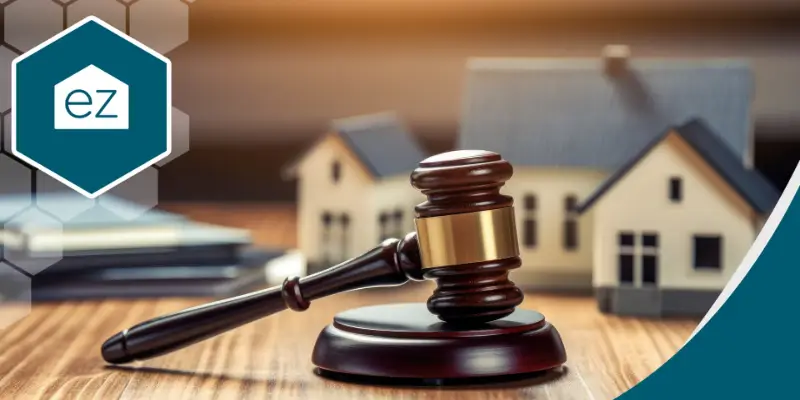
In Alabama, property taxes are based on the value of the real estate you own, with all properties assessed at a uniform rate each year by the Alabama Department of Revenue. Property taxes are charged at the state, county, and municipal levels. Local school districts assess a property tax, and there may be special taxing districts for government-run services like emergency response, fire districts, or water.
Its ad valorem tax structure uses a property classification system to determine the taxable value.
Property Classification
Property in Alabama is classified into four categories:
- I. Utility properties used in the business of the utilities.
- II. Any property that doesn’t meet the other classifications.
- III. Residential, agricultural, and forested lands. It includes historic buildings and sites.
- IV. Private passenger automobiles known commonly as “pickups” that are used for individual or private use.
Each property classification is assigned an assessment rate, ranging from 10% to 30%. For the purpose of our property tax guide, residential properties fall under Class III, which has an assessed value percentage of 10%.
Determining Property Value
The state of Alabama follows an annual reappraisal program it calls “annual equalization,” which mandates the assessing tax official to analyze a quarter of their county’s property tax roll every year. They also levy taxes on any and all additional constructions found throughout this process for the upcoming financial year. Ultimately, it will take four years to fully review each property within a given county.
The intent is to have yearly small, incremental property tax increases rather than a significant increase in property values and taxes every four years.
As part of the process, the county must appraise properties at fair and reasonable market value. It prepares sales ratios to measure property appraisal equalizations. Notices of changes must be mailed in March.
Alabama Millage Rates
In Alabama, millage rates vary by county and city and can be used to calculate the amount of property tax owed each year. The millage rates are set by local government bodies and apply to all taxable real estate within their jurisdiction.
One mil equals $0.001 in value. Put another way, for $1000 of taxing value, a mil is $1.
Putting together the taxing classification and millage rates, here’s how property taxes are calculated:
An Alabama residential property valued at $200,000 has a taxing assessed value of 10%, or $20,000. If the tax district charges 0.05 mils, the homeowner owes $1,000 in property taxes.
The state charges a millage rate for its public school, veterans general (soldier), and general fund. In 2021, the total mils for these funds was 6.5.
Each county publishes its millage rates for the year. For example, find your local county and its 2022 property tax millage. The chart includes municipalities’ millage rates and other special taxing districts.
Just because a county has a high millage rate doesn’t necessarily mean you will pay more in taxes. That’s why you need to look at property values in conjunction with the local millage rate.
Paying Alabama Property Taxes
In Alabama, property taxes are due on October 1 of each year. If you miss the deadline, you have until January 1 before it becomes a delinquent payment. Alabama charges a $5 penalty for late payments, and an additional 12% interest penalty is applied, compounding daily.
Property owners can mail or pay in person at their local county courthouse. Alabama also offers online payments through My Alabama Taxes on the Department of Revenue website.
The property can be turned over to the local probate court and sold at a taxing auction if the payment is late and remains unpaid. Tax sales are typically held in May. Property owners have three years to “redeem” the property by paying the tax sale buyer the property tax, its compounded interest plus expenses, and interest on the sale amount.
Alabama Tax Exemptions
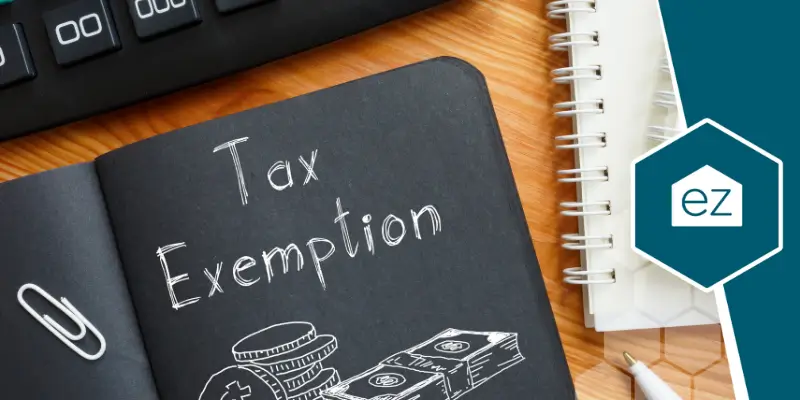
Alabama offers several exemption programs for various groups of property owners. If you own a single-family residence and use it as your primary home on the first day of the tax year, you could be eligible for a homestead exemption. Homestead exemptions cannot be for land exceeding 160 acres.
The state’s residential property tax exemptions are primarily for veterans, senior citizens, low-income households, and disabled persons. Each program has its own set of eligibility criteria that must be met to qualify for an exemption. The county may have its own homestead exemptions for its property taxes.
For instance, the County Over 65 and Disability Exemption requires the homeowner to have a net income of $12,000 or less, be over 65 years of age, and be permanently disabled.
If you think you qualify for a homestead exemption, you must apply at the county office.
Because of the numerous options available for homestead exemptions, it’s best to refer to the Code of Alabama 1975 for specifics. The State of Alabama Department of Revenue also lists who might qualify for a property tax exemption and links to the qualifications defined by the legislature.
What if I disagree with my Alabama property tax rate?

Property owners in Alabama can appeal their property tax assessment but can’t appeal the millage rate. So if you disagree with the county’s assessment of your property value, you can file an appeal.
The appeals process begins with filing an appeal form with the County Board of Equalization (BOE) at least 30 days after receiving the written notice of valuation.
You must request a hearing and submit evidence demonstrating why you believe your assessments are incorrect. Property owners have the right to have an appraiser present evidence to the BOE.
The Alabama State Department of Revenue’s website provides an easy-to-follow guide that details the Alabama property tax appeal process, including links to the relevant statutes.
Have you made any significant updates to the property that could impact its value? Homeowners must self-report any renovations made before October 1 that may increase property taxes to the local tax board by December 31 of the taxing year.
Examples of reportable improvements include: constructing new structures or additions, installing a swimming pool, making extensive repairs, extending and remodeling existing areas, adding fireplaces, extra bathrooms, patios/decks/carports/garages, etc.
Maintenance activities like re-roofing or painting would not require reassessment.
Help with Alabama Property Taxes
For anyone considering buying or renting real estate in Alabama, understanding the state’s property tax laws is essential to making informed decisions about potential purchases or leases. Alabama’s property tax laws may seem complicated at first, but with careful planning, Alabama’s low taxes can benefit your bottom line. If you have questions, try contacting the county’s tax office. You can also consult with a CPA or a tax advisor.
This has been prepared for information purposes but should not be relied on for tax advice. We suggest consulting with a taxing authority or tax professional for advice.
Start Your Home Search
Preston Guyton
Share this Post
Related Articles
Real Estate News
White House Proposals Aim to Boost Housing Supply
Real Estate News
NAR Settlement Set to Reshape The Business of Real Estate
Real Estate News
2023 Reports Increased Demand for New Construction Homes
Real Estate News
